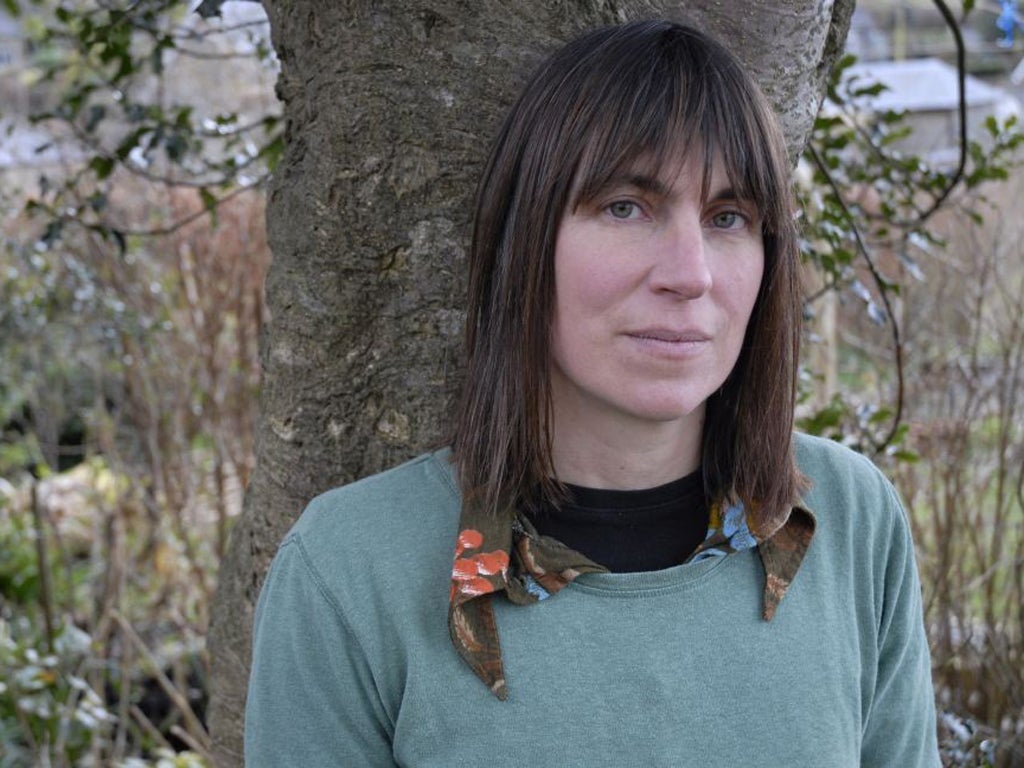David Lister: Biting the hand that feeds you isn't clever – even if you are an award-winning poet
The Week in Arts


And off they stomp. Hell clearly hath no fury like a poet in danger of being associated with a hedge fund. Now that the TS Eliot poetry prize has a new sponsor in the shape of hedge fund manager Aurum, two of the shortlisted poets, Alice Oswald and John Kinsella, have walked out in protest.
The poet laureate Carol Ann Duffy is also shortlisted for the prize, and has so far not found that a problem.
But Ms Oswald says that poetry should be questioning institutions like Aurum and not endorsing them, while Mr Kinsella says that "hedge funds are at the very pointy end of capitalism". I hope his verse has slightly more meaningful imagery. But he should have plenty of time to work on it, as I can tell both him and Ms Oswald that there are really very few places they can now go to enjoy culture.
Not even their living rooms. They certainly won't want to watch Sky Arts as that is a part of the Murdoch empire, and recent events have shown Rupert to be rather at the pointy end himself. The Donmar Warehouse in London may be the best small theatre in the world, but its principal sponsor is Barclays Bank, which on occasion has shown a tendency towards pointiness. As for looking at the beautiful paintings at Tate Britain, forget it. There are already 8,000 people petitioning against it being sponsored by BP in response to its alleged sin of anti-environmentalism. But this is small beer compared with the allegations of links to slavery made in relation to several UK companies. Pointy or not, Aurum certainly hasn't indulged in slavery.
What are Ms Oswald and Mr Kinsella to do? They can't watch the arts on TV; they can't visit many of our greatest arts institutions.
The arts are, and have to be, a mixed economy, more than ever in the current economic climate. They rely on sponsorship and have been encouraged to seek sponsorship for years. The excellent organisation Arts & Business has guided various businesses towards the arts, putting millions of pounds into culture. Provided those businesses are doing nothing illegal, not indulging in racism or child labour or exploitation, it seems churlish and self-indulgent to denounce their help for the arts. At the very least, the protesting poets should give a proper, reasoned explanation, in prose, of what it is about a hedge fund that upsets them.
What counts is that these capitalist organisations, however pointy, are enabling the arts to thrive in Britain. Contemporary poetry needs the sponsorship more than any other art form, as it can often struggle for visibility. The TS Eliot prize helps by getting contemporary poetry and contemporary poets talked about. Oswald and Kinsella have just made that job more difficult. They are at the pointy end of protest, and have done poetry a disservice.
Have your passports at the ready
Last week, I wrote how I was changing my mind about free admission to national museums and galleries. With figures showing that a third of visitors are now from abroad, it seemed wrong that so many tourists were benefiting from free admission and depriving galleries of potential revenue. However, I didn't think it was feasible to have free admission for Brits and charges for those from abroad.
Readers who have emailed me over the week disagree. They don't disagree with charging (I was surprised at the near uniform reaction in favour of reintroducing charges); they disagree that it can't be done. I thought it a little unBritish to ask people to show their passports or some form of ID at museums, but readers thought otherwise. And one very senior figure in the arts told me that people should indeed be asked to show their passports and let in free if they are from the UK, and charged if they are from abroad. I'm still a bit doubtful about that method. Would there be two queues, one for Brits and one for foreigners? But I am convinced that the public mood about free admission is changing.
A case of being cast against type
Neil LaBute's play Reasons To Be Pretty at the Almeida theatre in London is a highly enjoyable examination of contemporary mores, as all his plays are. This one shows the breakdown of a relationship when a young American describes his girlfriend's face as "regular" rather than beautiful. This upsets her greatly. It would seem to be objectively true, though, as her boyfriend's best friend also, privately, agrees, though more robustly.
The only trouble is that Sian Brooke, the actress who plays the "regular" faced girl, is very attractive. This skews the play rather. Of course, it could be that Neil LaBute intended her to be an attractive woman to make the insult more outrageous and her anger more paranoid. But this can't be as at least one other person in the play refers disparagingly to her looks.
No, it seems that director Michael Attenborough and his casting team couldn't find anyone plain enough to play the part and didn't mind the audience being puzzled. Has London no plain actresses left? There's a gap in the market here.
Join our commenting forum
Join thought-provoking conversations, follow other Independent readers and see their replies
Comments
Bookmark popover
Removed from bookmarks